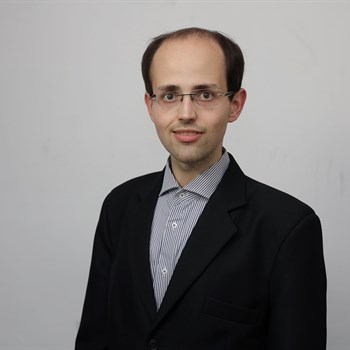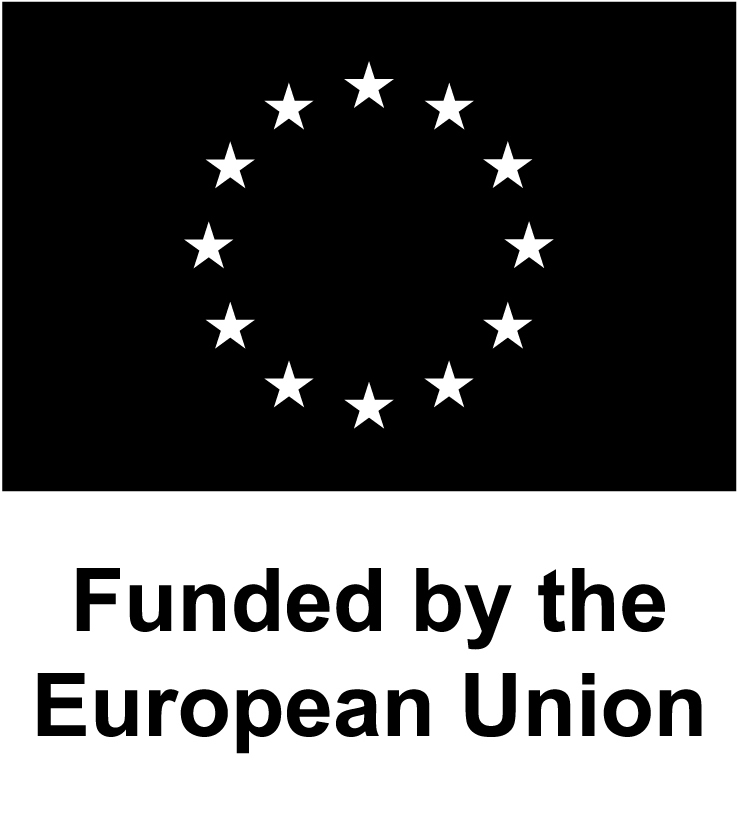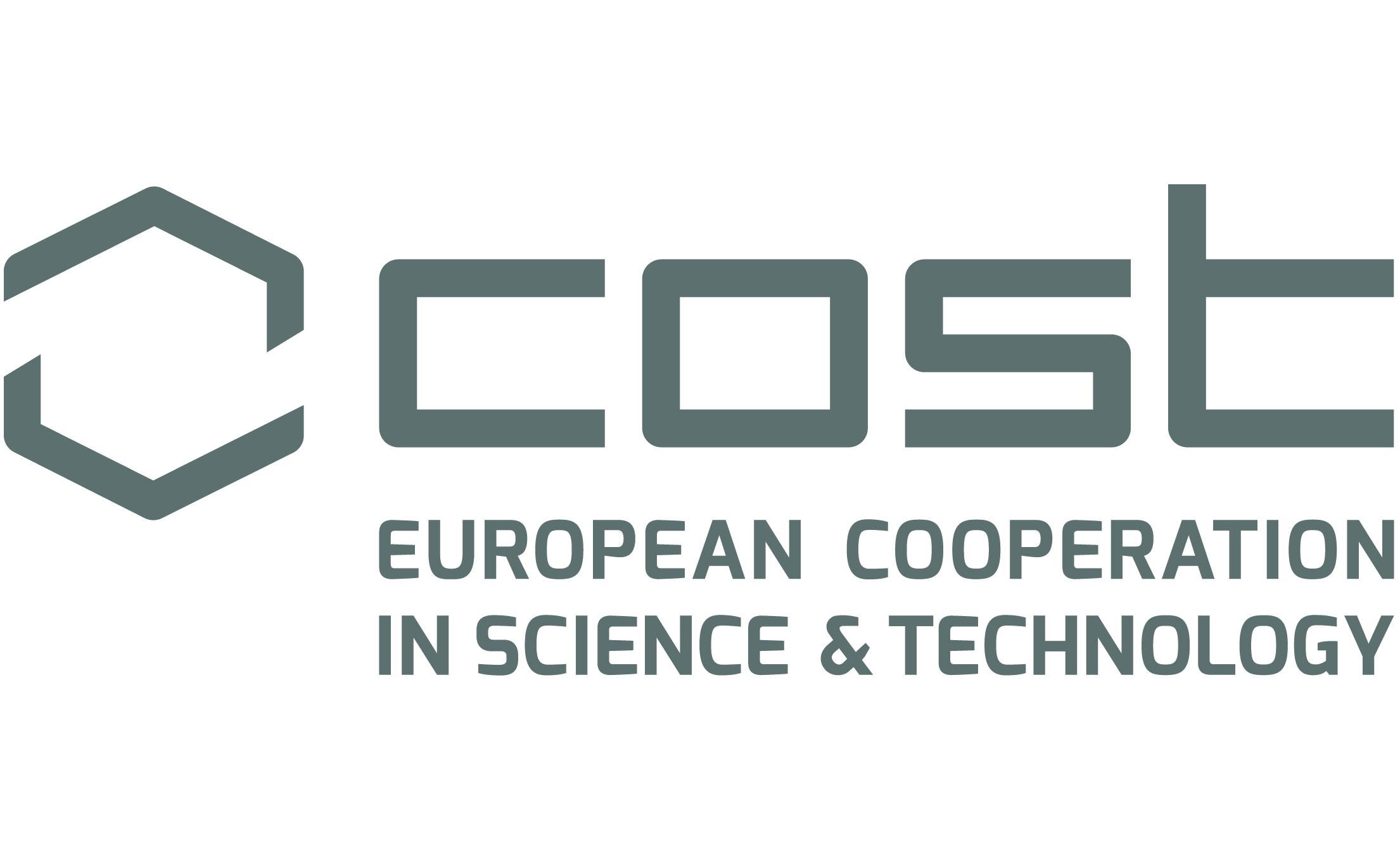
Dr Max Steuer
Comenius University in Bratislava
Department of Political Sciences
Discussion on expert witnessing and cultural expertise in the social sciences in Czechia and Slovakia
On 11 June 2024, the Department of Political Science of the Comenius University in Bratislava (Faculty of Arts) brought together various stakeholders on expert witnessing in the social sciences in Czechia and Slovakia—where these domains are covered particularly by the branches of expert evidence on ‘political extremism’ and ’religious extremism’. The discussion was held under the joint auspices of the “Talking Courts” project hosted by the Department of Political Science of Comenius University in Bratislava and the K-Peritia COST Action (Cultural Expertise Junior Network, working group members for Slovakia in June 2024: Matej Medvecký, Max Steuer).The aim of the event was to discuss and share the knowledge about the current state of expertise in the social sciences in Slovakia, including historical and comparative contexts.
The event brought together decision makers from the judicial and executive power including the Ministry of Justice of the Slovak Republic with registered expert witnesses and academics, in order to deepen mutual understanding of diverse perspectives and the state of knowledge both in science and in legal and decision-making practice. The event also introduced, for the first time in the Slovak environment, the theory of “cultural expertise”, which has been on the rise in the international literature since 2015.The event consisted of two introductory speeches, a lively discussion among registered expert witnesses in social sciences in Czechia and Slovakia, and an exchange of broader perspective with the participation of a senior expert witness in the medical domain and an academic.
Some of the key takeaways from the event (applicable mainly to Slovakia, but some of them also to Czechia) included:
– a discussion on the high entry barriers into expert witnessing as an expert witness registered in the Slovak legislation: the entry examination relies considerably on memorizing facts and its difficulty is not matched by the low remuneration for providing expertise, especially in domains where personal repercussions and risks may be faced (such as assessing evidence by extreme right or extreme left actors challenging the democratic constitutional framework);
– remarks on the frequent absence of political elite decision-makers’ interest to devote attention and support the development of expert witnessing, which typically does not enjoy widespread public interest and enthusiasm;
– an emphasis on the value of consulting with experts who, for various reasons, cannot or do not wish to be registered in the database of experts but are recognized in the respective domain—this includes procedural dimensions of such consultations to minimize challenges to the validity and reliability of the expert statements;
– a lack of training and moot courts for expert witnesses, especially in terms of strategy to respond to challenges made by the lawyers of the party to their integrity as experts and specific segments of their testimony, in light of the high formalism of the legal framework that sometimes translates into formalist judicial decision making;
– a recognition of the legal and substantive irrelevance of some challenges to expertise based purely on frequent methodological differences in knowledge-generation between natural sciences and engineering on the one hand, and humanities and the social sciences on the other hand;
– a debate on the strengths and limits of expertise provided by specialized institutions, the former including collaboration between experts within the institution and a degree of depersonalization of expertise, the latter high costs and the reduction of the value of an individual expert’s authority;
– questions on the potential and limits of international collaboration in an environment which faces some common challenges but is also governed by distinct and specific domestic norms which are also often inaccessible to the broader international audience.
The event concluded with an invitation to the participants to consider joining the K-Peritia COST Action, in line with the specifications of the jurisdictions their home institutions are affiliated with, and to continue the knowledge exchange, both in a wider setting and within specifically Czechia and Slovakia.
The full program and more details are available via the “Talking Courts” website.The event was assisted by “Talking Courts” intern Lukáš Schvantner.
This output is based upon work from K-Peritia CA22101, supported by COST (European Cooperation in Science and Technology).








